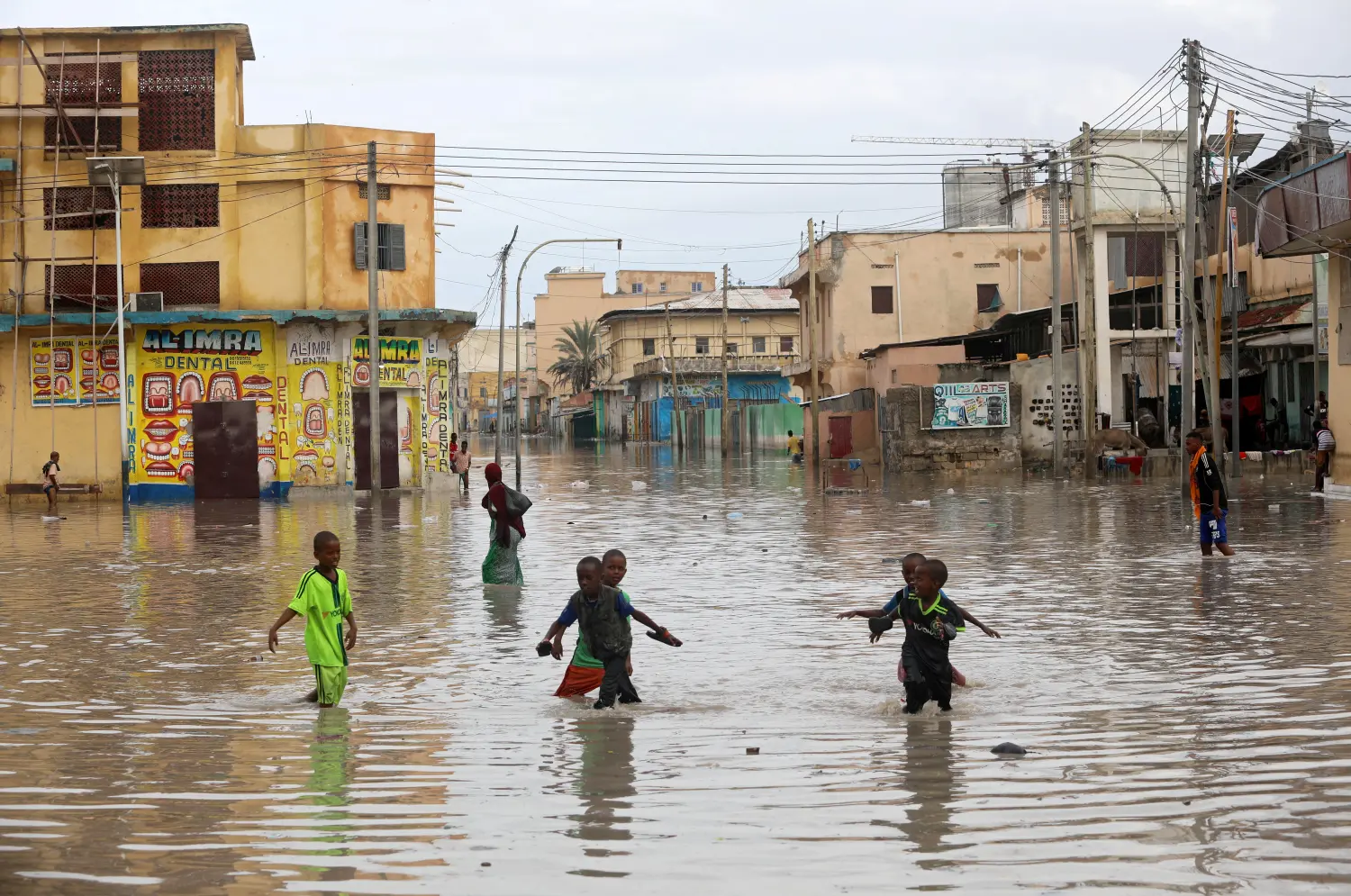By Tina Amanda
A groundbreaking initiative aimed at addressing the link between climate change and conflict in West Africa’s coastal regions is underway.
The project, Coping with Climate Change as a Cause of Conflict in Coastal Communities of West Africa (C7-WA), is being implemented by a coalition of four organizations with support from the European Union.
The initiative brings together Academic Associates PeaceWorks (AAPW), Fondazione Accademia Italiana della Marina Mercantile (FAIMM), Health of Mother Earth Foundation (HOMEF), PANDEF and the West African Network for Peacebuilding (WANEP).
The collaborative effort aims to equip communities with innovative, conflict-sensitive tools to adapt to climate change while addressing environmental crimes that exacerbate the crisis.
AAPW, a Nigerian non-governmental organization founded in 1992, plays a pivotal role in the project. With over 30 years of experience in peacebuilding and governance across Nigeria and Ghana, AAPW’s extensive work in the Niger Delta has provided invaluable insights into the socio-economic and environmental challenges facing the region.
The organization’s expertise in research and policy advocacy is expected to significantly contribute to the project’s success.
The C7-WA initiative focuses on reducing vulnerabilities by implementing climate change adaptation measures, strengthening mechanisms to monitor environmental factors driving conflict, and fostering sustainable development. By integrating resilience-building with conflict prevention strategies, the project sets a precedent for future interventions in the region.
As climate change continues to threaten coastal communities, this EU-backed initiative highlights the importance of international cooperation, strategic partnerships, and evidence-based solutions. The media is encouraged to amplify the project’s impact, fostering dialogue on climate resilience, peace, and sustainable development across West Africa.




